If you want to improve your life on a daily basis, you get yourself a water softener. They’re all about convenience, and it’s great to have them in a household. While this opinion should be the norm, things aren’t quite like that. People have contrary views of this device. Maybe you’ll have it hard to believe, but there are many myths following these devices. Because of this, the eight misconceptions about water softeners most people think are true are the subject of our article for today. Read on and tell us what you think about them. Do you find them weird? Do you agree, or you consider them nonsense?
Contents
1. It Makes The Water Salty
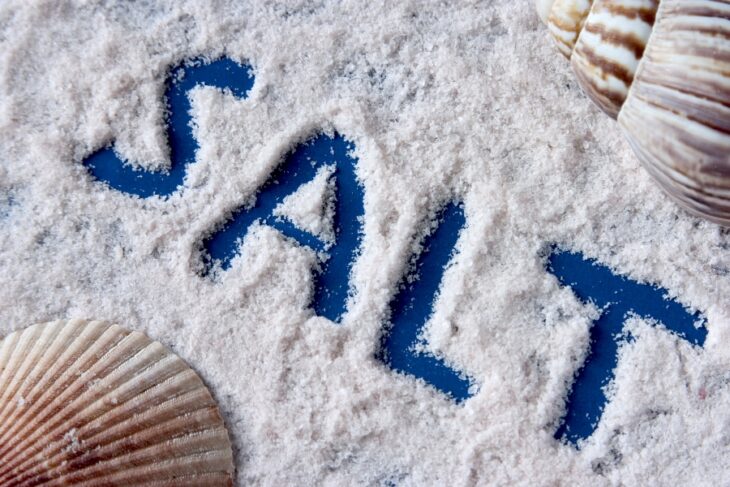
img source: wonderopolis.org
People tend to make this mistake, and we’re not going to lie; it makes sense. But, it is crucial for you to know that if you start using a water softener, you’re not switching to seawater. These devices use water softener salts, but they do not make the water feel salty. Not even a little bit. Thanks to the ion exchange process that water softeners use, minerals such as calcium and magnesium get removed from the water. They’re what makes the water hard in the first place. The mineral tank in your softener is filled with a medium that makes this process possible. What’s inside are the sodium ions, which often get replaced with salt. But, I suppose you might be wrong if you think like this. They’re filled with sodium (Na) and not with salt (NaCl).
2. Water Softeners Affect Your Skin
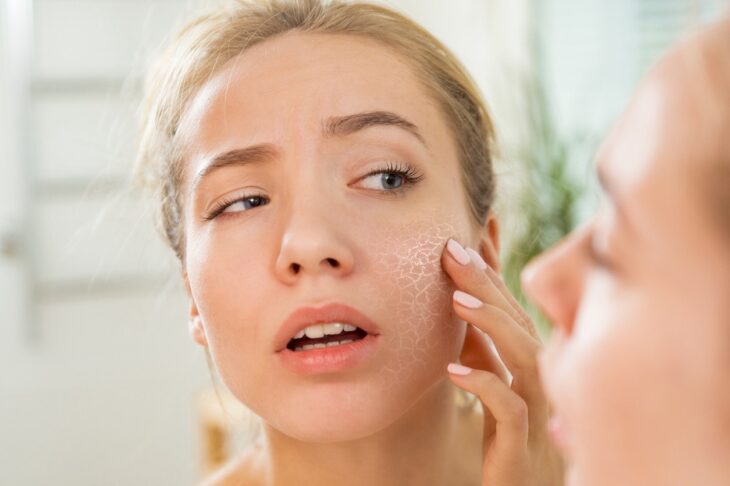
img source: medium.com
Yes, they do, but in the way, they’re portrayed to do it. People often claim that soft water leaves slime on the skin. This is not what happens at all. Thanks to this water, your skin will feel relaxed, and it will start releasing oils that will make your skin soft and healthy. Above all, this is a natural process that is good for your wellbeing. If you are always using only hard water, it will aid your skin to keep the soap residue on your skin. This is not healthy, as your skin will feel clogged and unable to release the natural oils we spoke of. It is because of this that it’s better to take showers with soft water if you have a chance. This is why it would be wise to get yourself one TX5000 waterontharder water softener and improve your health drastically.
3. They’re Too Expensive

img source: alphafittgear.com
This is far from the truth. Instead, if you buy an expensive one that offers real quality, it will basically pay itself off. The goal is to use it as much as you can, and this way, you’ll save money in the process. Most people don’t take this into account, but once you start using this device, your bills will decrease. Among other things, you’ll save on water heating bills, detergent usage, and other devices that run on the water will have their lifespan extended. So, no, they’re not expensive, they’re worth your money, and will save you some more.
4. Water Softeners Purify Water
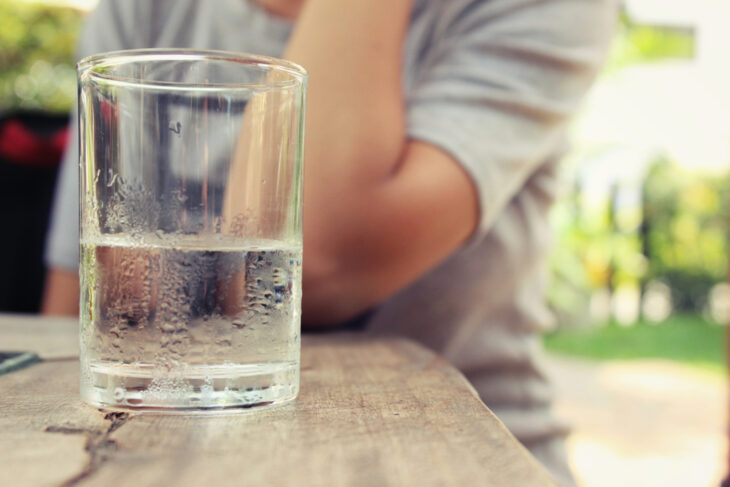
img source: pressablecdn.com
No, literally speaking, this is not what they do. Their primary goal is to make water soft by reducing its hardness. If you are looking to remove minerals and metals from the water in your house and improve the work of your devices that run on water, the water softener is what you need. But, if purification is what you seek, it does not come with this device. No water softener is able to filter out the contaminated water. If the water you tend to make soft is the one you plan to use on drinking, you are also in need of a reverse-osmosis system. Your other options are various systems that can filter out your water.
5. They’re Difficult to Install or Maintain
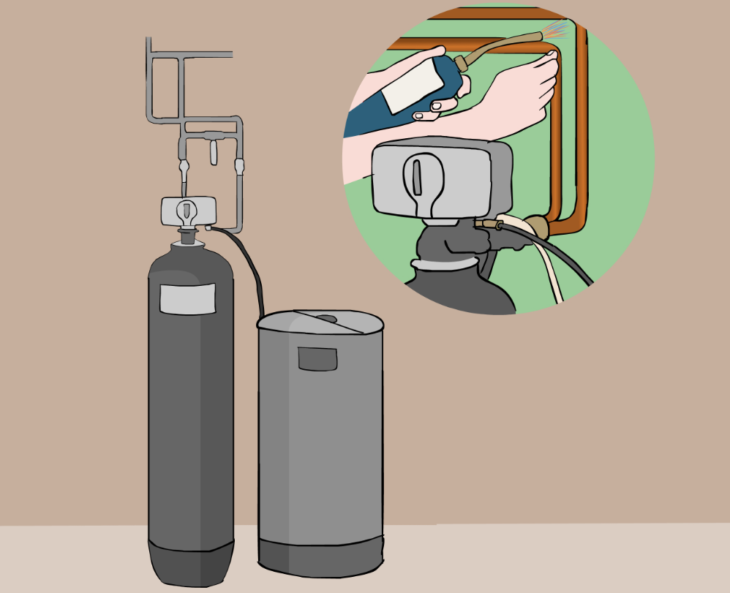
img source: wikihow.com
You can either buy this product, rent it, and even leas it these days, and it is not all that expensive. Trust us; cable TV prescription costs more in most parts of the world. There are many companies out there that will do the installation and maintenance for free if you rent the product from them. Suppose you opt into buying a new, once they also come with a warranty and are known for durability. It would be best if you did not trust people who spread the word of it being expensive.
6. Water Softeners Make The Water Less Healthy
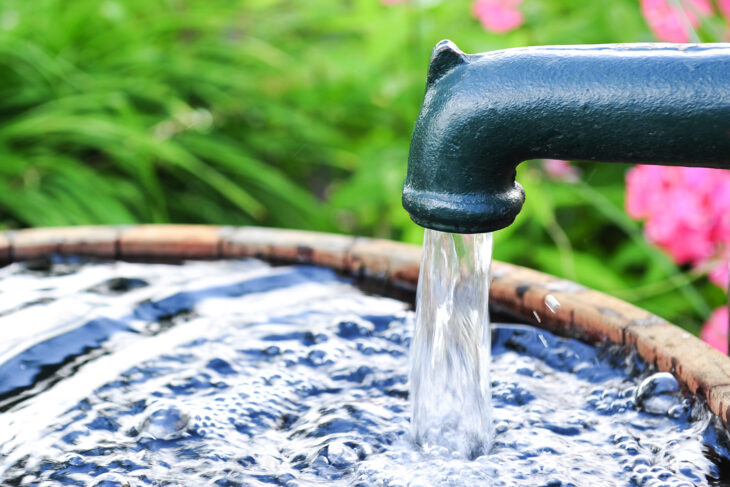
img source: webmd.com
We can fully understand wherefrom is this coming. When you hear that water softeners take out calcium and magnesium from the water, it doesn’t sound right. These are essential nutrients, and they should be consumed. Both of these minerals are good for our bone and overall health. But, calcium and magnesium found in water are inorganic. What this means is that they do not hold the value as the ones we take in their pure form or with food. Our bodies are unable to absorb and process calcium and magnesium from water fully. Plants can do this better, which is why we get these minerals from fruits and vegetables and not from water.
7. Softeners Waste Both Energy And Water
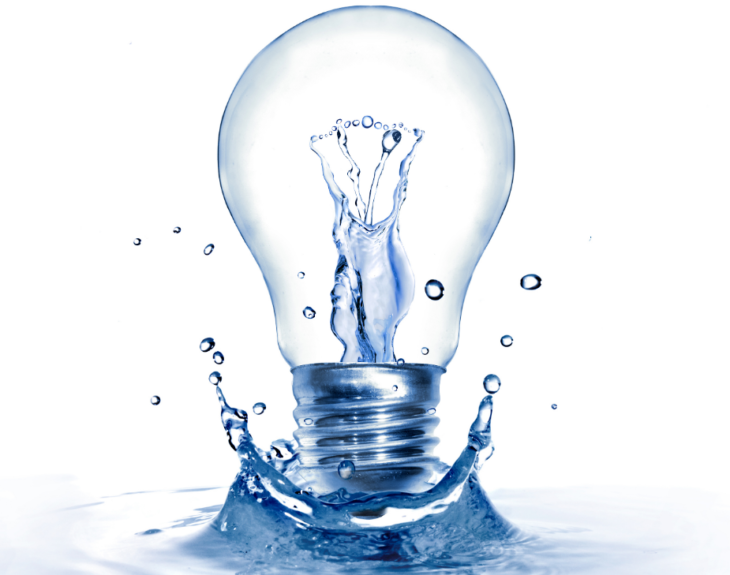
img source: googleapis.com
There’s truth to this claim; some products of this type can waste both during the regeneration process. This happens when the process which softens the water begins, and sodium ions need a recharge. But, this is the case with older models. As time progressed, technology evolved, and today we have energy-efficient models on the market. If you opt for one of those, you’ll be saving both energy and water.
8. Urban Area’s Don’t Need Water Softeners
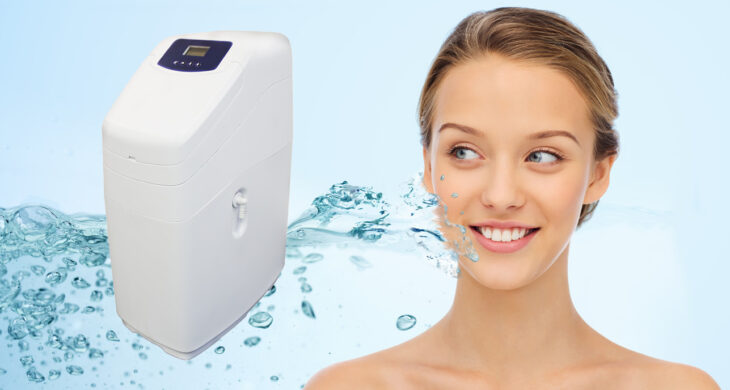
img source: watersoftener.be
This could be the biggest misconception out there. Water in all parts of the world, being them rural or urban, contains minerals that make it hard. Because of this, you need to understand that if you need soft water, you need them. Your geographical area doesn’t play any role in this.
